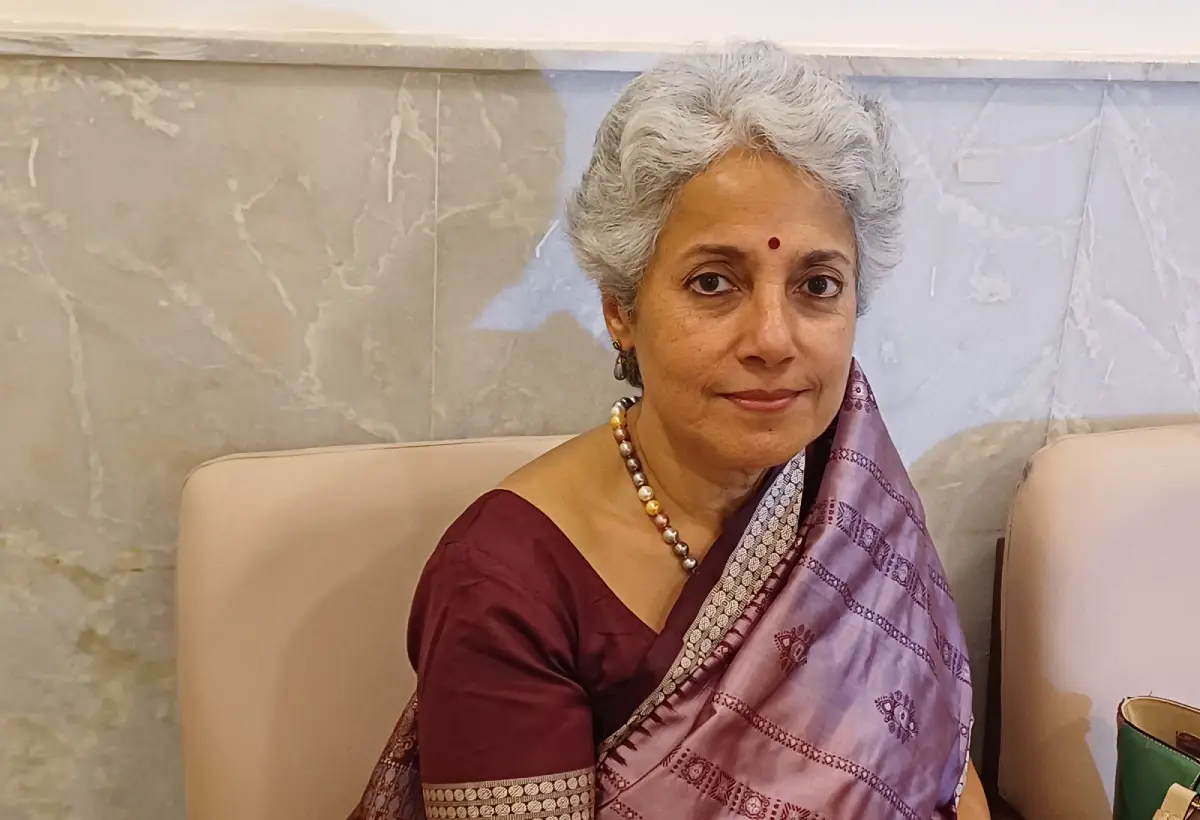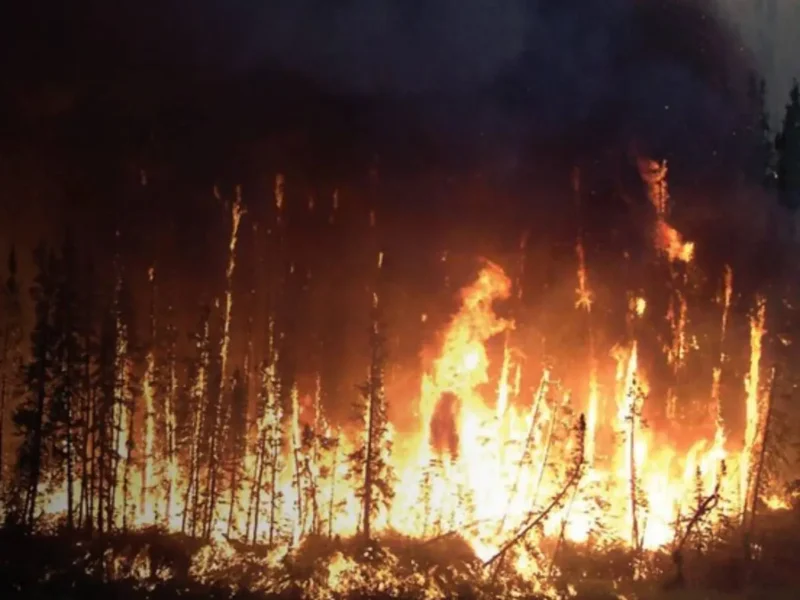
India Well-Positioned To Tackle Climate Change: Soumya Swaminathan
MUMBAI, (IANS) – Former WHO Chief Scientist and Deputy Director General for Programs, Dr Soumya Swaminathan, who recently also received the prestigious Yashwantrao Chavan National Award 2023, feels that India is well-equipped and has positioned itself to effectively tackle various challenges, including infectious diseases, new pandemic, climate change, and nutrition with the present institutional build-up, collaborative approach, new and emerging technologies, and research & development.
The daughter of noted agricultural scientist late M.S. Swaminathan, Soumya Swaminathan is the Chairman of the M.S. Swaminathan Research Foundation. On climate change she said:
Globally, India has been a strong voice on climate change and may be pushing for equity because the effects of climate change are not felt in countries, which are not major contributors to the phenomenon.
Unfortunately, even though our per capita contribution to greenhouse gases is extremely low, even lower than Africa, the brunt of the effect is being felt by us. Be it global warming leading to prolonged heat or floods, droughts, or cyclones, they are occurring more frequently now.
Whether it is an indirect effect of climate change through reducing the yield of major crops and potentially contributing to food and nutrition insecurity, there are many ways in which the climate is impacting our health today.
So, while India needs to have a strong voice on the global side and fight for equity, we need to look immediately at the adaptation measures as to how we protect the health and livelihood of millions of people, particularly the poor and the vulnerable, who are already just about managing.
We have rich agroecology and there is a lot of traditional wisdom in India to use our water sustainably. We knew how to build houses that were traditionally better able to withstand heat. Some of these things we need to go back to protect the biodiversity that still exists. In the case of agro biodiversity, we have very diverse, rich varieties of rice, pulses, and millet, which have properties that make them resistant to climate change and droughts.
We must invest again in our traditional ways of growing crops and harvesting water, so that we can start to mitigate some of the impacts of climate change, which are already being felt.




